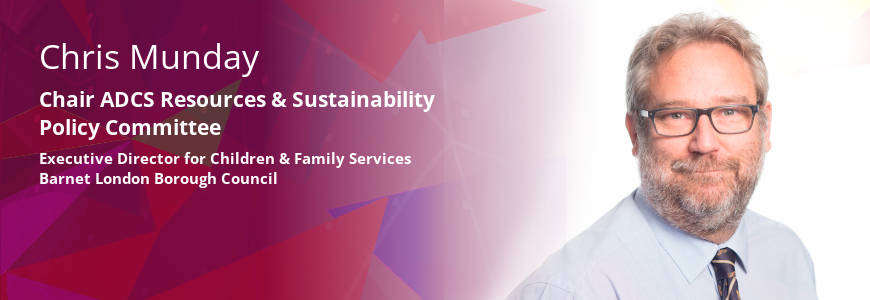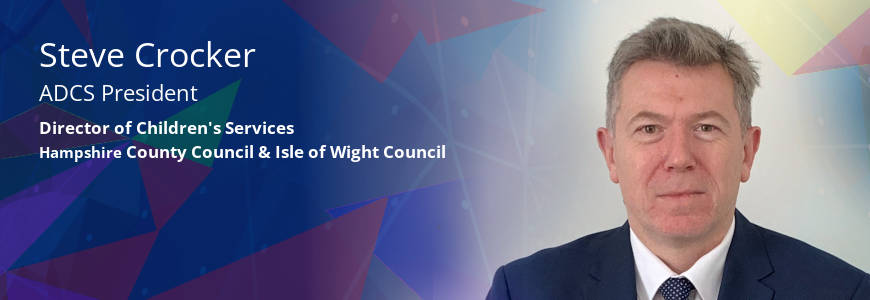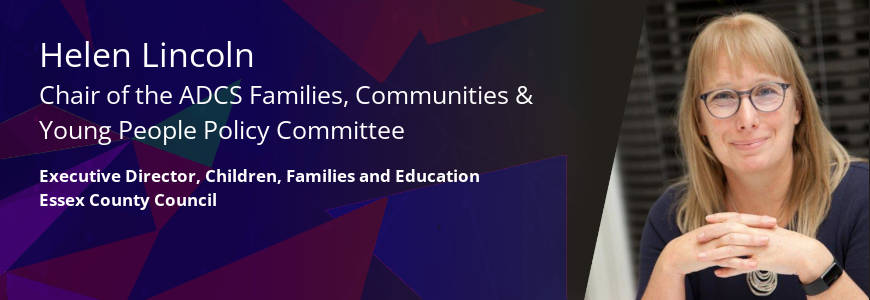"Data are just summaries of thousands of stories..."

“Data is like garbage. You’d better know what you are going to do with it before you collect it.” Mark Twain
Long before I became a Director of Children’s Services, in the annals of history, I studied for a degree in Combined Sciences. In that quantitative world, numbers and data were always important to collect and analyse, empirical measurement was vital to help you understand what was happening in the world. Over the years, I have come to realise more and more that quantitative data, though sometimes important, needs detailed understanding from qualitative research to establish its meaning. There are reasons for this; quantitative data gives you a partial picture, it can be biased, it can lead to inaccurate conclusions and can drive the wrong behaviours. Many times, in my job, I have looked at indicators or performance reports with everything purportedly ‘green’ only to find that in practice things were not as good as you might have thought. An academic I was working with recently shared with me this anecdote: whilst looking at the quality of core assessments, noting the performance data showed great timeliness (near 100%), he realised that when reviewing the case records, although compliance appeared fantastic, all the records simply stated, “core assessment to be undertaken”. This is one of many stories, the gaming of performance is real and worryingly a focus on the data alone can drive the wrong behaviours. It is important, therefore, that data collection, management and analysis is treated cautiously – we create hypothesise that need further exploration.
When we think about data collection, we need to remember that most of our data comes from our front-line workers, using codes or entering data, as they carry out complex work with children and families. They are not data scientists or researchers. Working with families in children’s social care is complex yet the codes don’t enable that complexity to be shown. It is for these reasons that the proposed children’s social care dashboard causes me concern. It conflates two very important but distinct types of accountabilities; managerial and public. The proposed indicators in the dashboard are managerial in nature and might enable us to ask questions about our data. Many of them, though, are closely associated with deprivation so we need to understand this before drawing any conclusions. However, we do this through the excellent work in our networks, via our RIIAs, who are enabling us to compare our data and do academic research, allowing us to question and explore our own work. But this data is for managerial oversight of processes and systems, it is not data which really explains well the lived experience of children and families and the effectiveness of our services for children. I thought this quote by Dan Heath encapsulates the importance of qualitative narratives to support a data story “Data are just summaries of thousands of stories—tell a few of those stories to help make the data meaningful.”
Without clarity of purpose and careful thought, the dashboard could risk distorting both practice and relationships with the families we work with. So, we need to be cautious, considered and work together to find a way to keep the child focussed outcomes at the forefront of future reforms.
Related Blog Articles
Earlier this week I attended a development day on Ethical Leadership in Public...
In Leadership
I write this blog with a heavy heart as it will be my last as an Elected...
In Care
Last week I called in to talk to staff at one of the local care homes in...
In Care
I had the good fortune to go to the cricket last week at the Oval to watch...
In General
Well, that was the year that was, to paraphrase a famous satirical TV programme....
In General
Schools play a vital role in their local areas by widening opportunities for...
In Education
One of the lasting impressions left by my leadership development training with...
In Leadership
For my first blog as the chair of the FCYP Policy Committee, I wanted to step...
In Care
Colleagues, Monday 18 December marks International Migrants Day and as Chair of...
In Care
As a DCS, being a qualified social worker is not part of the essential criteria...
In Care
Recently I met with Ian Dickson - a retired social worker, Ofsted inspector,...
In Care
I had a very productive meeting this week with Anne Longfield OBE. Anne is the...
In Care
I was in a fascinating conversation with a policy type this week, apparently we...
In General
I confess that I love new beginnings - a new day, week, term or of course new...
In General
Blackburn with Darwen, set within the heart of Pennine Lancashire, has high...












